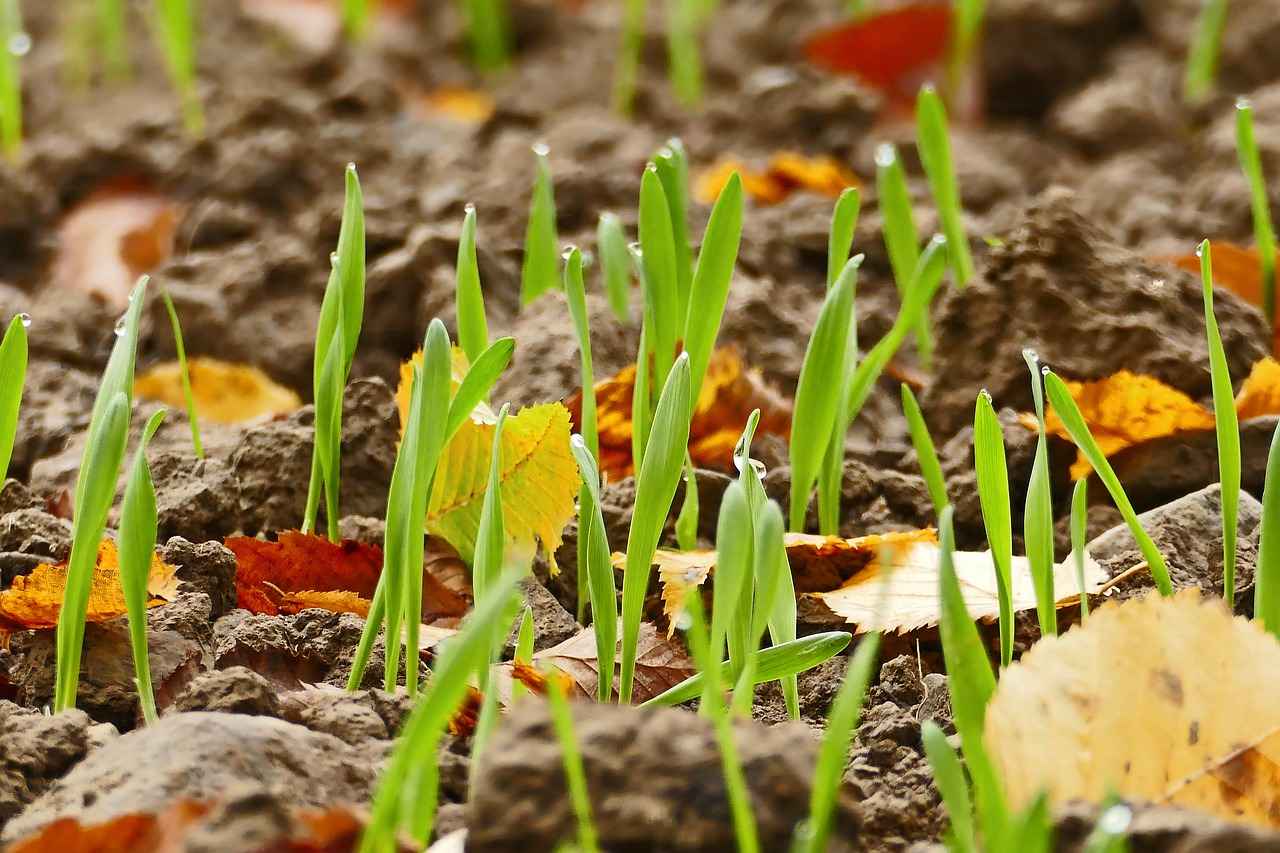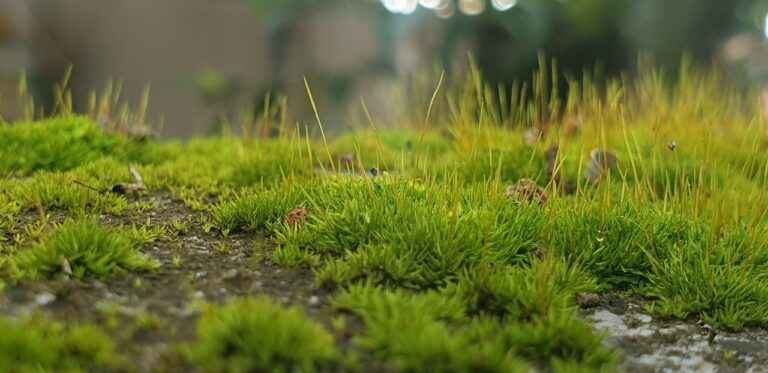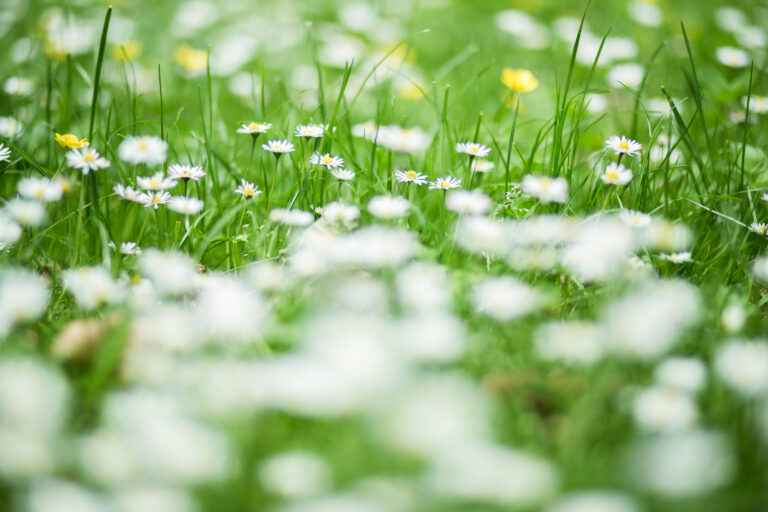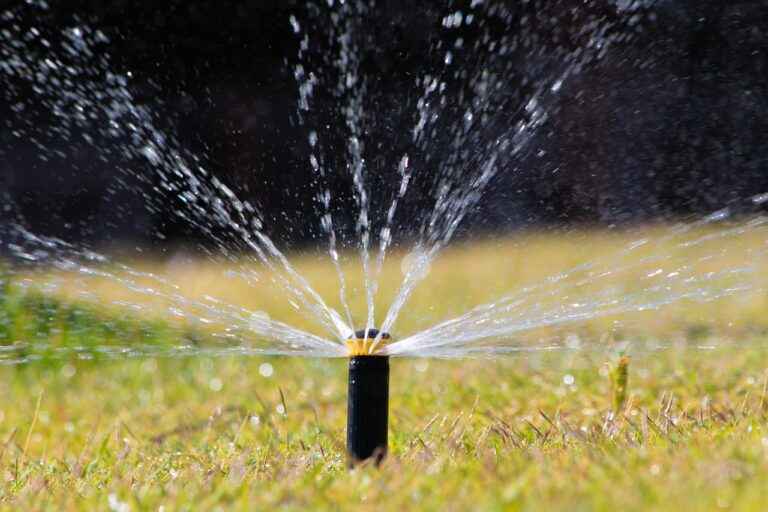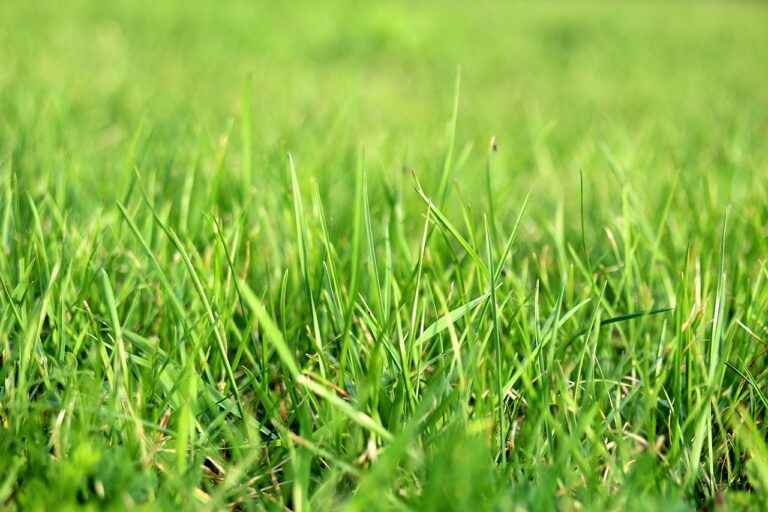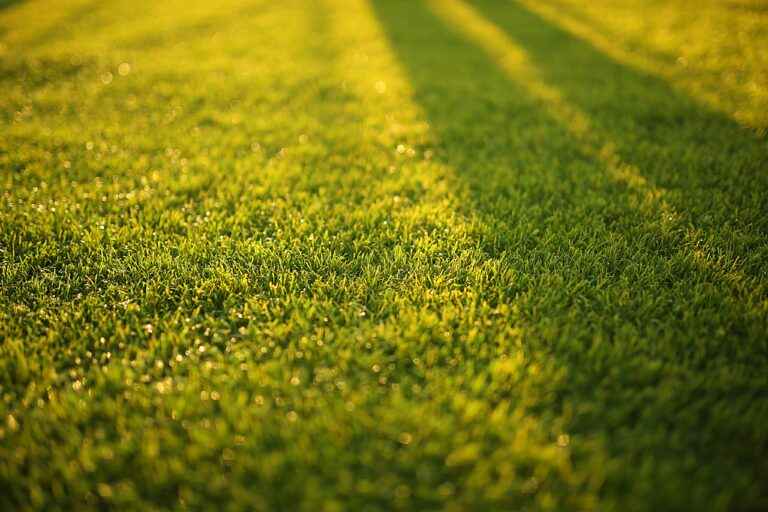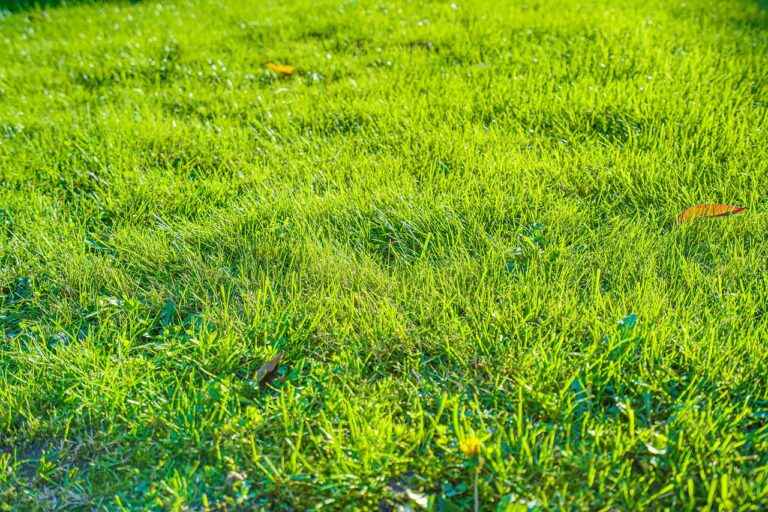What grass seed should I use ?
Before setting up a lawn, you should choose the right grass seeds. Special lawn mixtures are available with various types of grass seeds. There are various types of grass seed mixtures available on the market, differing in purpose and price.
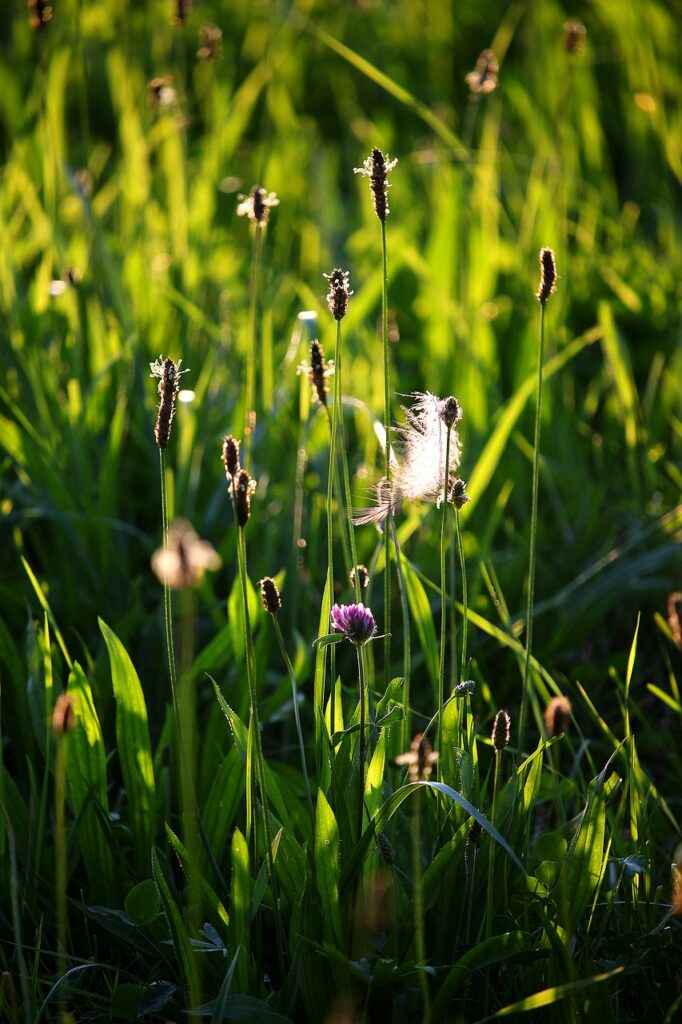
Jiricek72 / Pixabay
Learn the practical tips on which grass seeds to choose for your lawn. So that the turf will meet your expectations and will be a showcase of your garden for many years!
Particular species of grass differ in soil and fertilization requirements. The strength of growth and the way of tillering, resistance to diseases and pest attacks, as well as resistance to intensive use.
Mixtures of various grasses adapt better to the prevailing environmental conditions and are more tolerant to unfavorable conditions. The success or failure in setting up a lawn depends on selecting right composition of the grass seed mixture.
If the composition of the grass mix is wrong, even though all the seeding work is correct, keeping your lawn in good condition can quickly become problematic. That’s why choosing the right grass seed mixture for your lawn is so important.
How to choose grass seeds for a lawn?
Before selecting grass seed for a lawn, consider:
- with what intensity the lawn will be used. For example: whether it is to be only a decoration around the flower beds, or will you often walk on it, will children play on it,
- what are the conditions in the place where the lawn will grow (what is the soil in the garden and what is the amount of sunshine),
- how often we will be able to mow the lawn (if we mow infrequently, e.g. a lawn on a recreational plot outside the city, which we visit only on some weekends, then you need to choose a mixture with a predominance of slow-growing grasses).
Depending on the answers to the above-mentioned questions, it will be necessary to select a mixture of grass seeds suitable for such conditions of use.
Basic species of grass used for lawns
The seeds of these types of grass are most common in lawn seed mixtures:
- perennial ryegrass – low grass with a strong root system, develops quickly and after a year after sowing it gives a beautiful lawn, perfect for intensively used places, unfortunately it requires frequent mowing,
- red fescue – allows you to get a nice, compact turf, tolerates frequent and low mowing well,
- meadow grass – low grass with strong stolons, develops slowly and winters well, unfortunately it does not tolerate shading, so in lawn mixtures for shaded areas, the content of this grass seeds should not exceed 10%
- Sheep fescue and multi-leaf fescue – low grass with narrow leaves. For lawns that are rarely mowed and not fertilized. It works well on weak, sandy soils and in highly sunny positions.
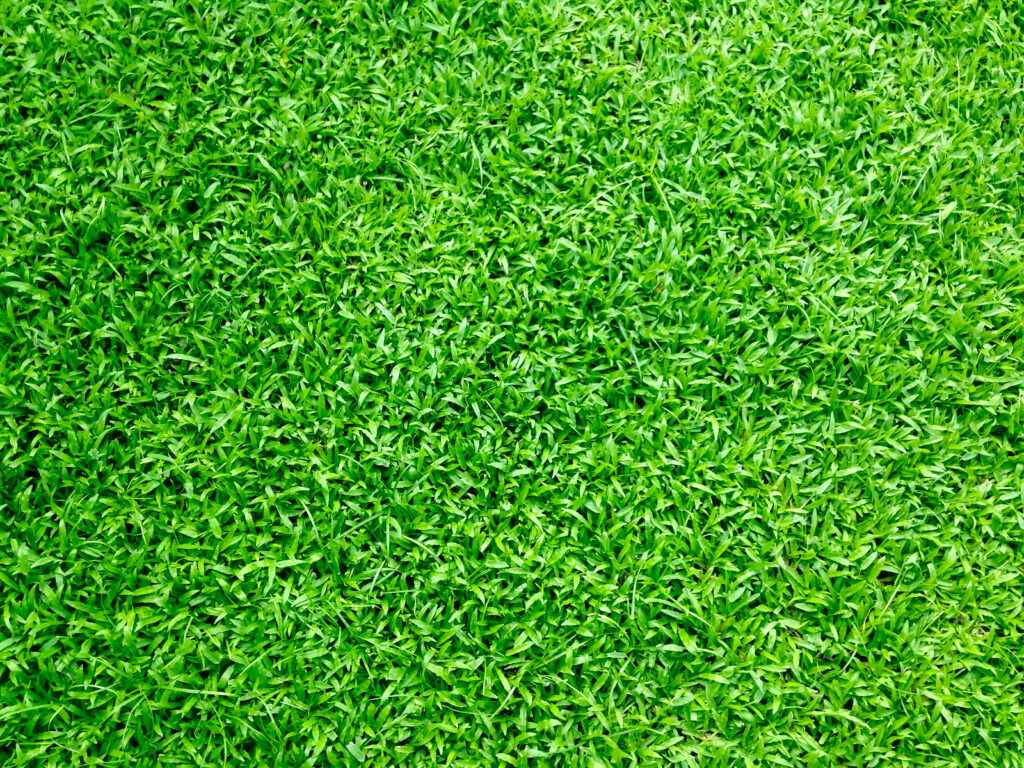
Gravitylicious.com at Pexels
The above is only a general description of the grass species you can find in grass seed mixtures. They come in many varieties, significantly different from each other.
Obviously, learning about all the species and varieties of grasses used in lawn mixtures on the market can make you dizzy. However, knowing the basics of is a must if you want to avoid mistakes.
Types of grass seeds for a lawn
The choice of grass seed mixtures for various applications is huge. Unfortunately, there are often mixtures with an evidently wrong composition. Such as lawn mixtures containing varieties of forage grasses (much cheaper than lawn grasses).
Forage varieties give too much green mass gains and do not form a dense turf, so the lawn does not look attractive and often gives the impression of thinning.
It also happens that grass seeds contain a lot of weed seeds or seeds of grass varieties unsuited to our climatic conditions (lawn mixtures imported from abroad).
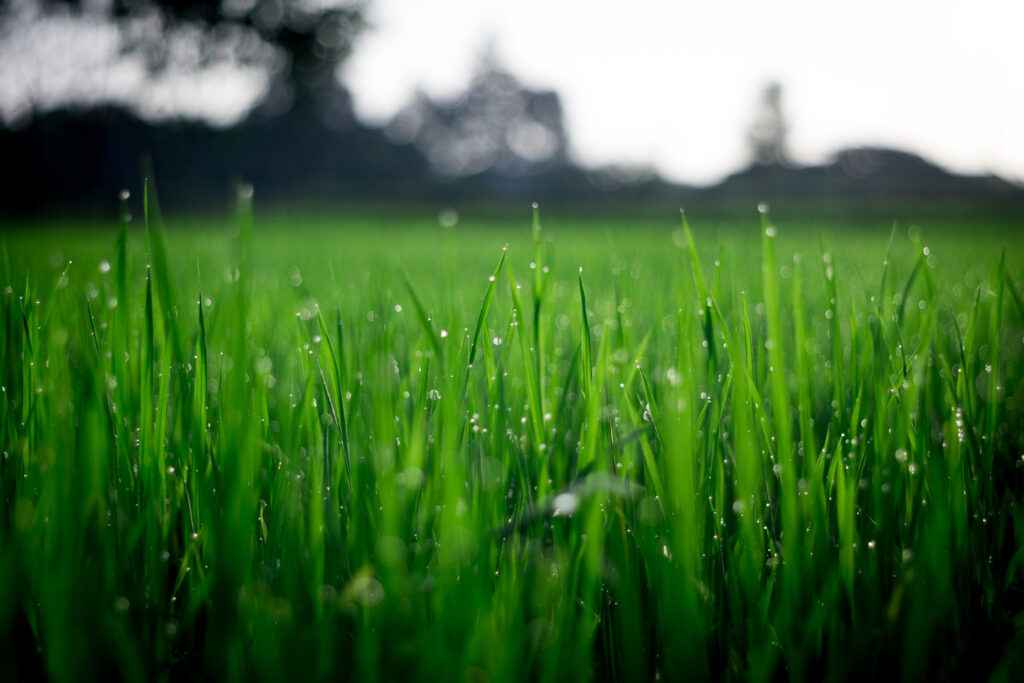
FOX at Pexels
Even if the package contains the exact composition of the grass seed mixture, most of us will probably not be able to tell.
And even more so – we are not able to say whether the composition given on the package corresponds to the actual content of grass seeds for the lawn inside the package.
I have even heard of instances of adding sand to increase the weight of a packet of seeds, which is just a scam!
Therefore, when buying, simply choose grass seeds from producers who have been known on the market for years. The owner of a well-known brand is unlikely to allow himself to lose his good name and cheat his customers.
It is also worth asking your neighbors what grass seeds they used to set up their lawn. And whether they are happy with the quality of the grass or not.
Due to their intended use, lawn seeds can be divided into 3 basic groups:
- decorative (carpet, lawn) – set up in order to obtain beautiful compositions or a suitable background for flower beds. It is a delicate and soft turf, but for its beautiful appearance it requires regular care, watering and frequent mowing. It does not tolerate trampling.
- universal – much easier to care for and more resistant to trampling. Sufficiently resistant to home lawns, hence most often used in amateur gardens.
- sports – combining the beauty of a decorative lawn with resistance to intensive use. Unfortunately, sports mixtures are slightly more expensive than universal ones, and require more careful care.
The above list you can add special grass seeds for shaded places, e.g. under trees (sometimes called park mixtures). There are also special regenerative grass seeds with purpose for sowing on damaged and thinned lawns.

